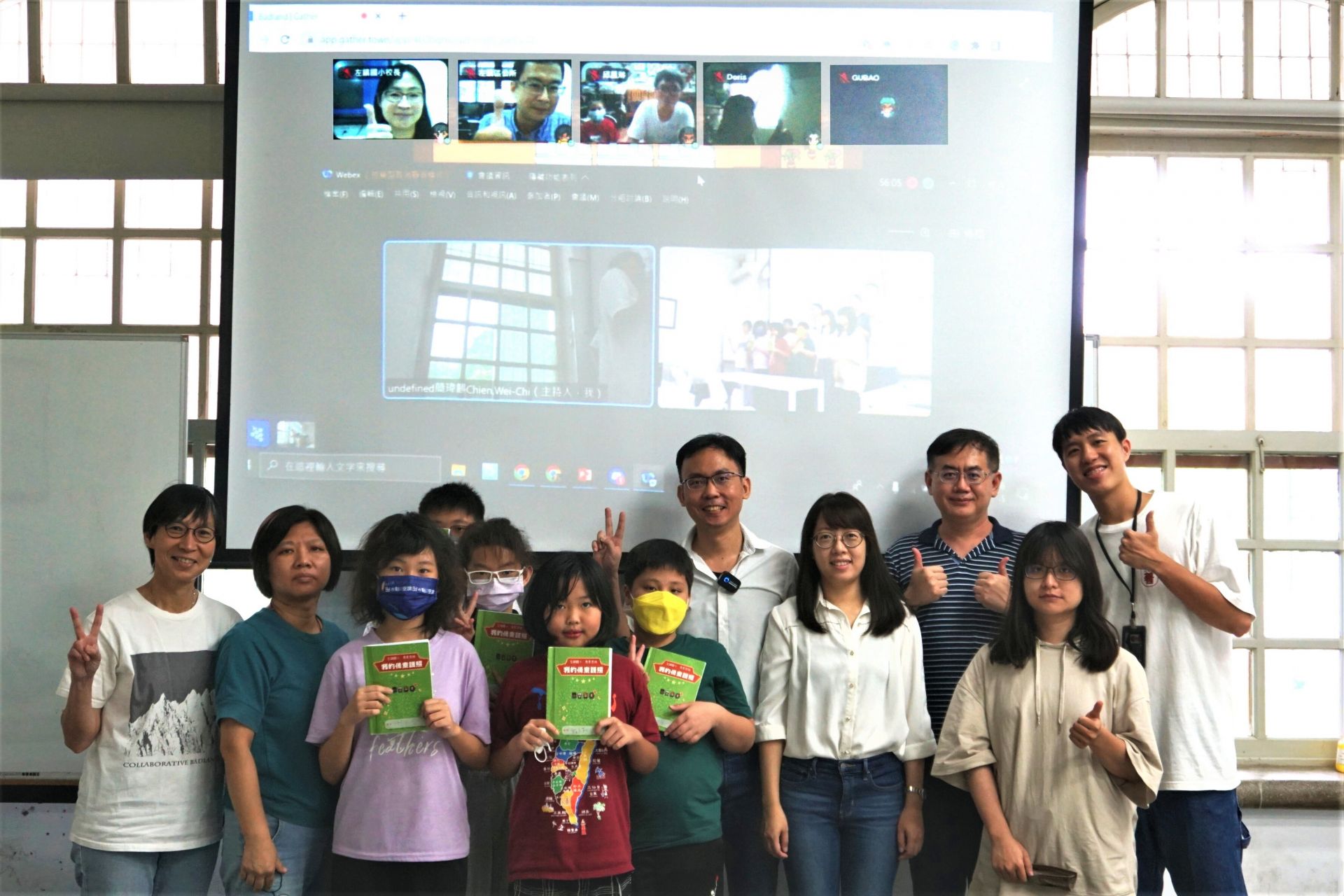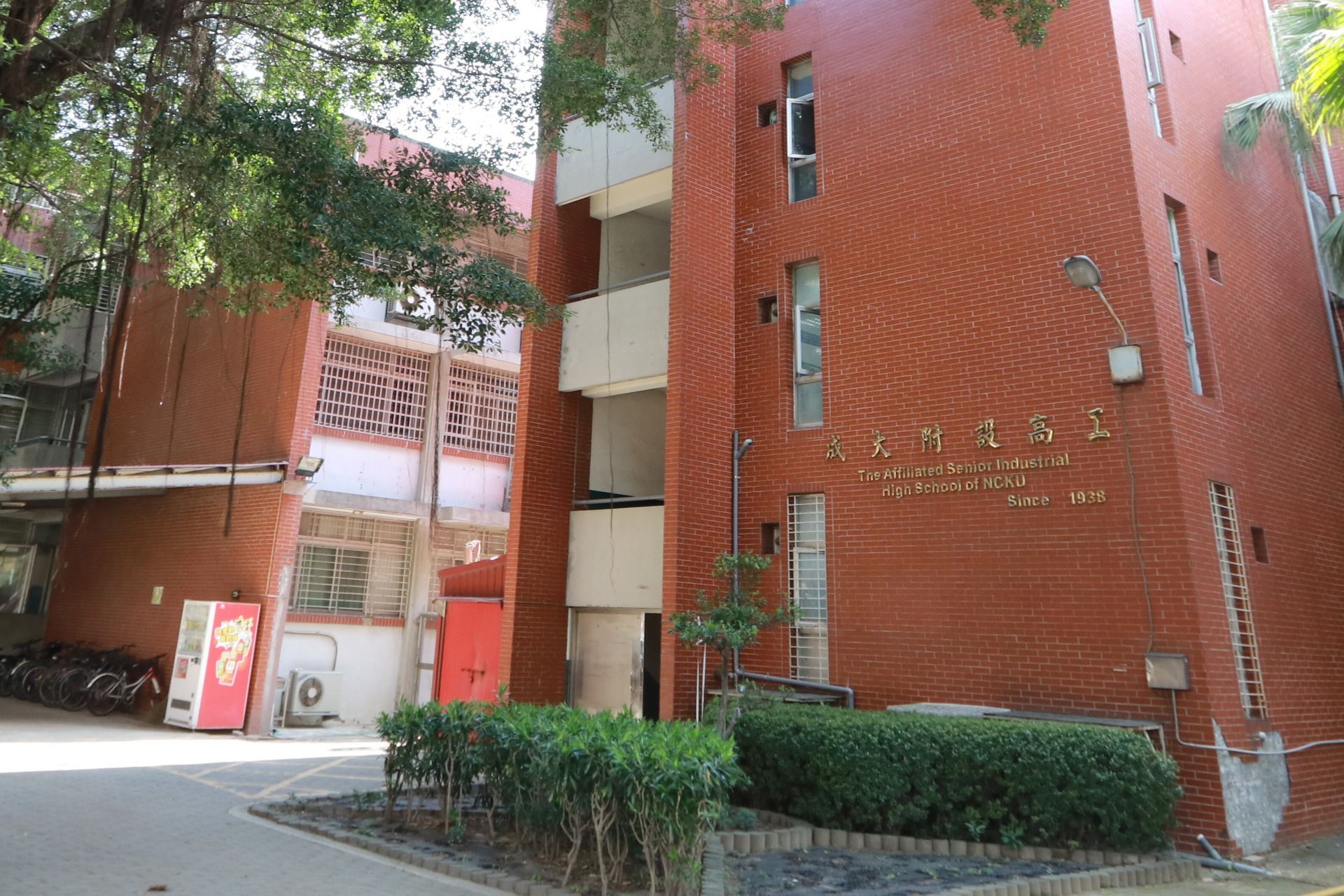NCKU Launches Modular Course Integrating Psychology and Traditional Chinese Opera to Foster Humanistic Insight
The course was co-designed and co-taught by Professor Cheng-Ta Yang, Director of the Research Center for Humanities and Social Sciences and Distinguished Professor of Psychology at NCKU, and Associate Professor Wei-Chien Ma from the Institute of Art Studies and the Master Academic Program in Drama. Professor Yang applied psychological concepts such as emotional awareness, character projection, and behavioral motivation to guide students in understanding the inner lives and human dimensions of opera characters. Professor Ma led students through hands-on practice based on the traditional techniques of “singing, speaking, acting, and acrobatics” to explore role categories, classic repertoires, and traditional aesthetics, helping students immerse themselves in the historical and cultural contexts embodied in the art of opera. To enrich the course with professional input, Mr. Nung-Cheng Cheng from the National Taiwan College of Performing Arts was invited to teach ensemble movement and the expressive training of traditional painted-face roles, while Ms. Mei-Hui Lin from Extraitkunqu Troupe introduced students to the rhythmic and tonal structures of gongche notation and qupai systems, guiding them in the vocal performance of Kunqu opera, and offering an immersive experience of opera’s emotional resonance and musical beauty.
Balancing theory and practice, the course guided students in learning expressive movement techniques such as water sleeves and folding fan handling, while also engaging them in the core performance elements of hand, eye, body, method, and step. Simultaneously, psychological approaches such as role identification and emotional simulation enabled students to interpret and reflect upon the inner emotions of the characters. Through this interdisciplinary learning, students not only developed performance skills but also cultivated a deeper understanding of human nature and social empathy.
Professor Yang emphasized that psychology is not only a tool for analysis and diagnosis but also an art of understanding people. He noted that traditional Chinese opera—with its emotionally charged performance style—serves as a powerful medium for self-awareness and values exploration, bridging psychological insight and cultural enrichment in the students’ personal development.
Associate Professor Ma described traditional opera as an integrated art form, stating that when students embody a role with their bodies and empathize with their minds, performance becomes an emotional connection between individuals—a dialogue between culture and life. The course encouraged students to cultivate empathy and awareness through opera, ultimately opening up inner reflection and cultural exploration.
In their post-course reflections, students shared that the course not only introduced them to the skills and aesthetics of traditional Chinese opera but also deepened their sensory awareness of everyday life. The experience resonated with them on physical, emotional, and intellectual levels. From mastering vocal rhythms to grasping character emotions, the learning process became a journey of self-discovery and understanding others.
At a time when contemporary society is placing increasing emphasis on mental health and cultural heritage, this course reflects NCKU’s innovative efforts in integrating the humanities, arts, and social practice. By merging psychology with traditional Chinese opera, the course fosters students' empathy, aesthetic literacy, and cultural consciousness, allowing humanistic values to take root and flourish in the educational landscape.
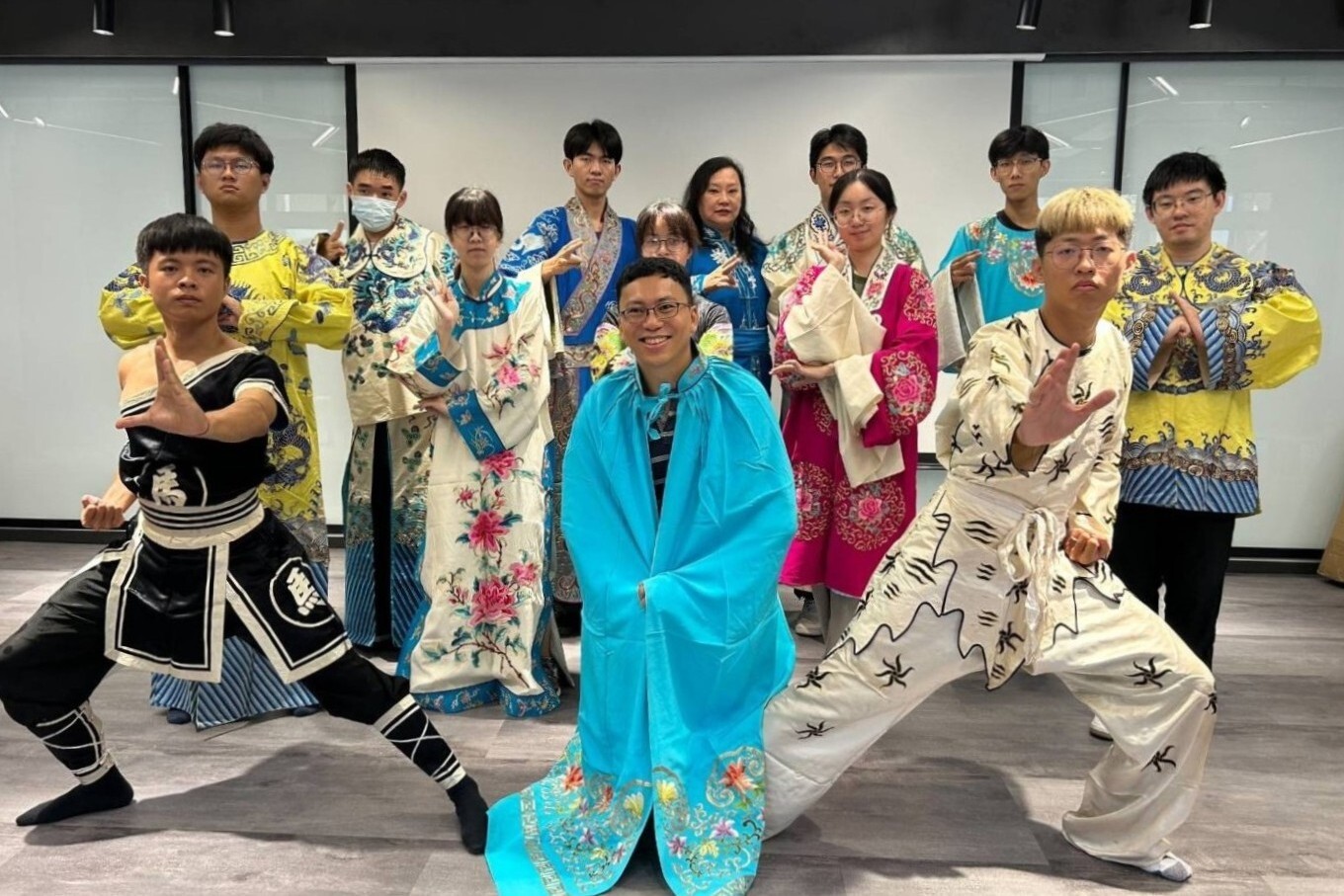
NCKU’s pioneering modular course integrates psychology and traditional Chinese opera, guiding students to cultivate humanistic care and cultural sensitivity.
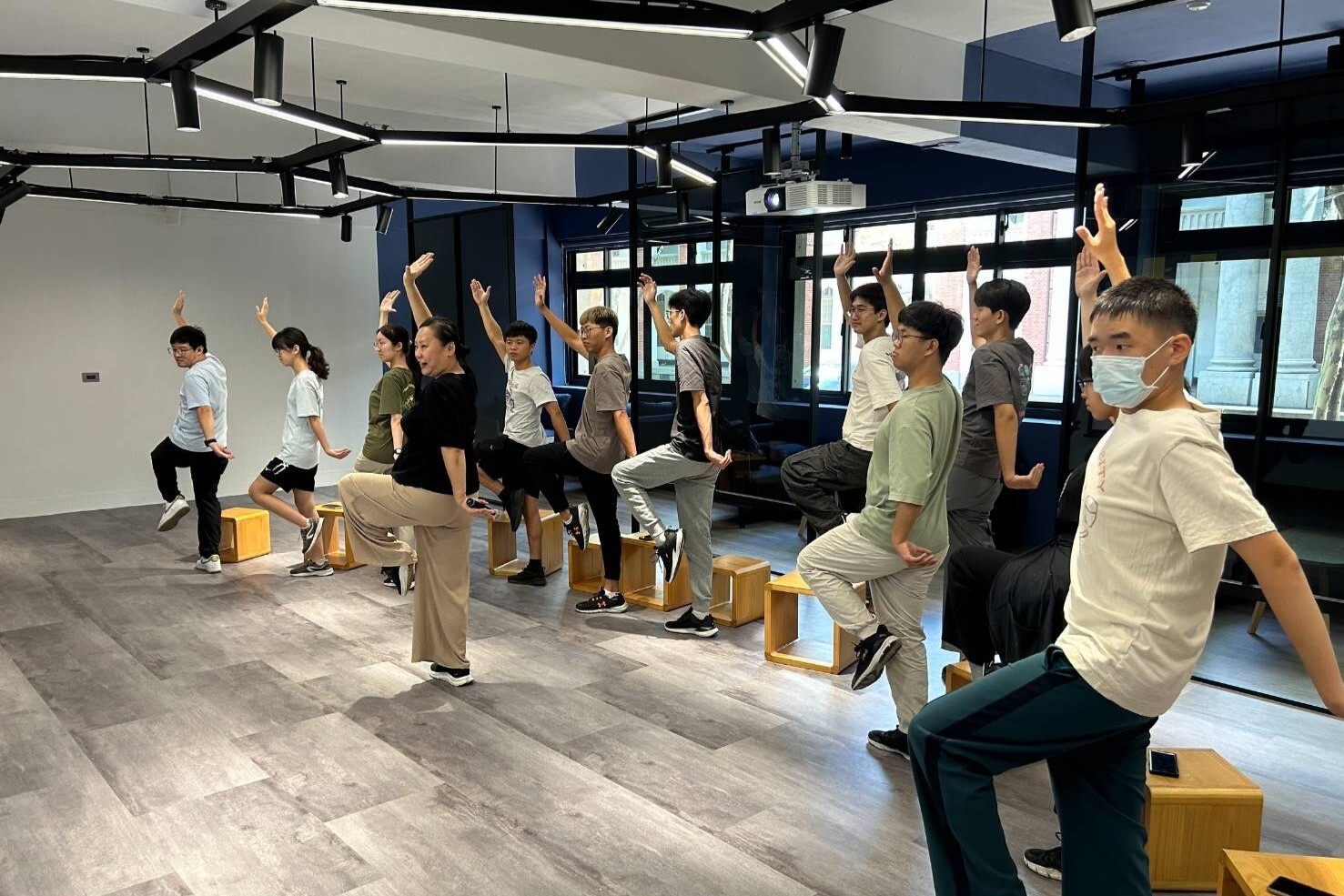
The course was co-designed and co-taught by Professor Cheng-Ta Yang, Director of the Research Center for Humanities and Social Sciences and Distinguished Professor in the Department of Psychology at NCKU, and Associate Professor Wei-Chien Ma from the Institute of Art Studies and the Master Academic Program in Drama.
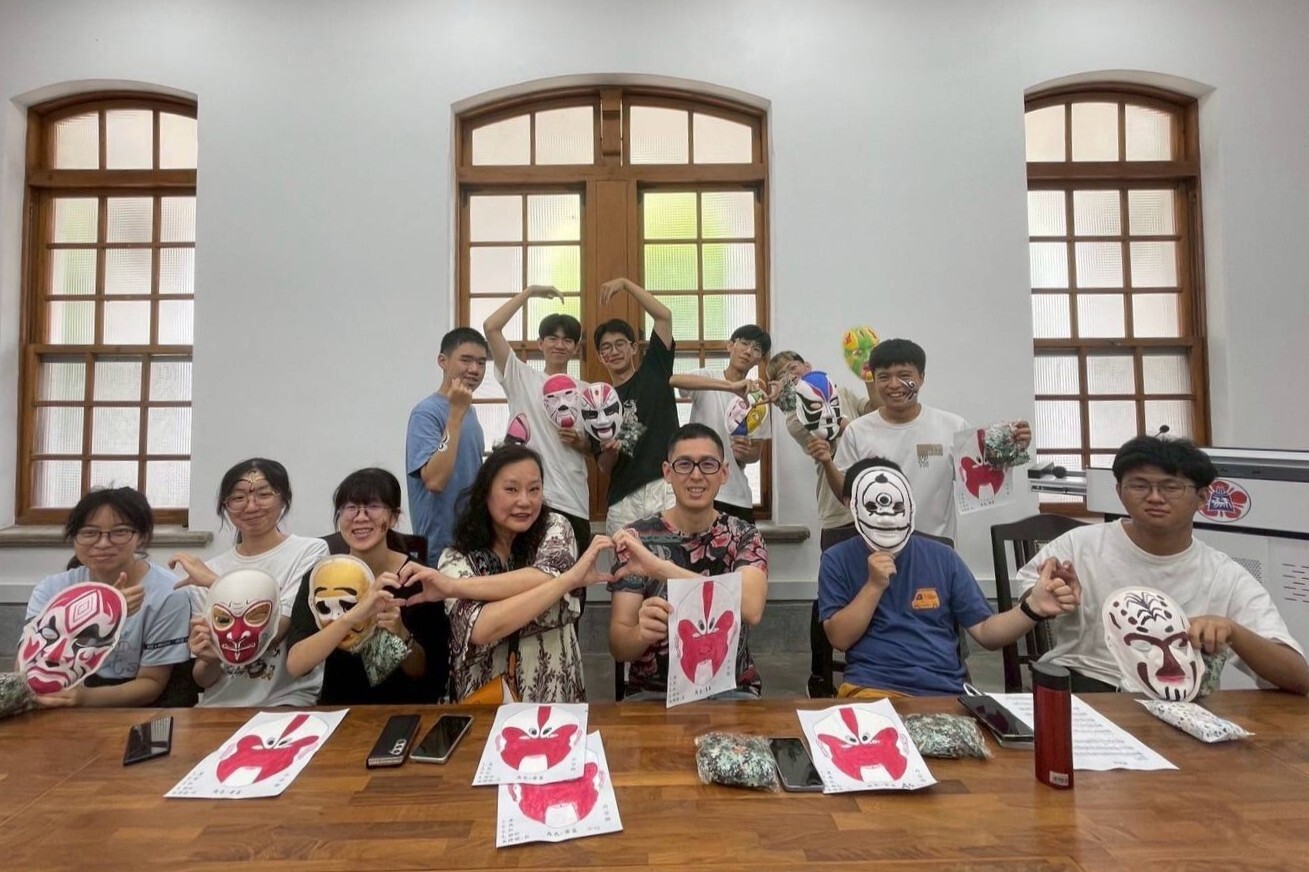
Guest instructors for the course included Mr. Nung-Cheng Cheng from the National Taiwan College of Performing Arts and Ms. Mei-Hui Lin from Extraitkunqu Troupe, who were invited to offer expert guidance.
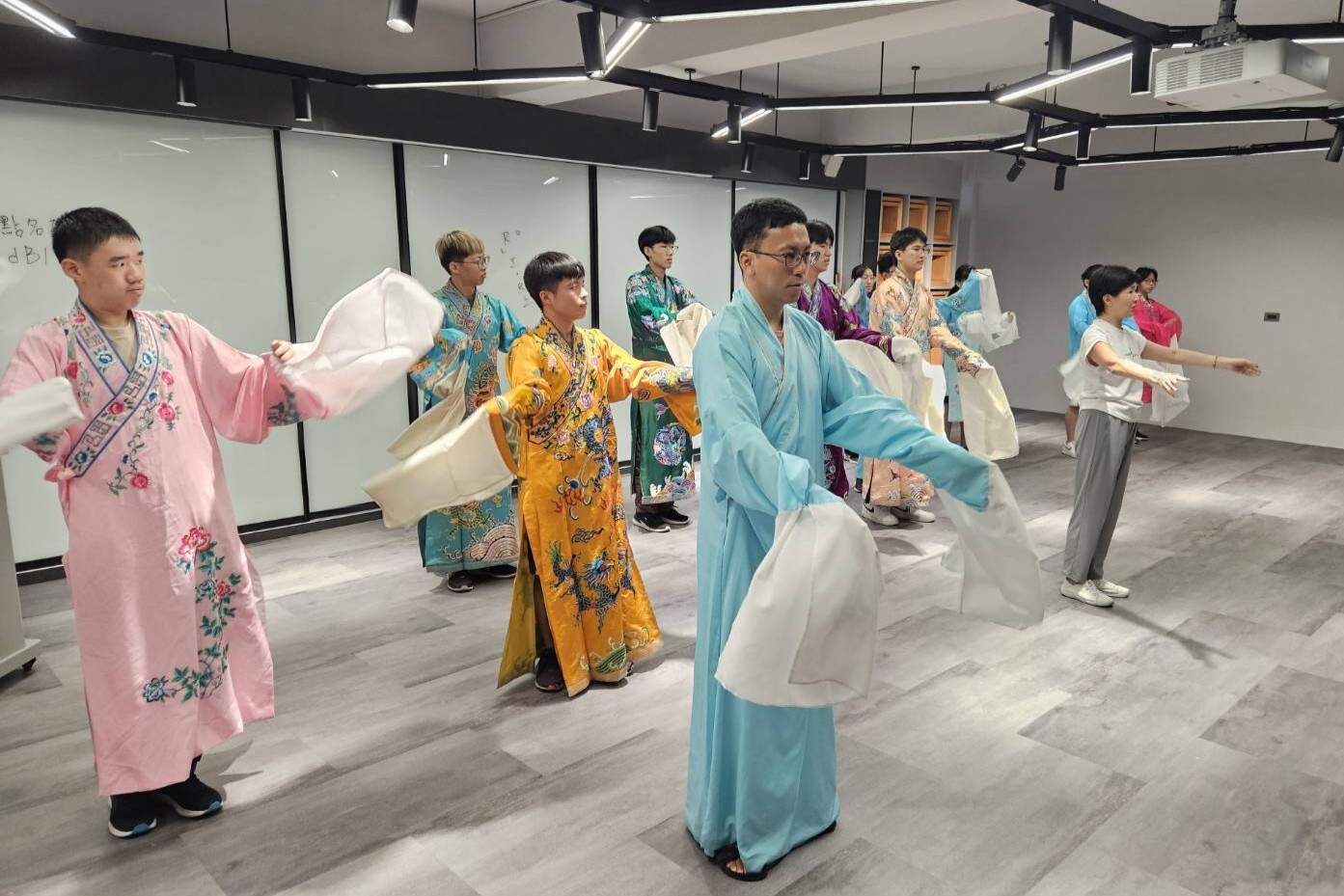
In their reflections, students shared that the course not only introduced them to the artistry and aesthetics of traditional Chinese opera, but also felt like a journey of self-exploration and understanding others.
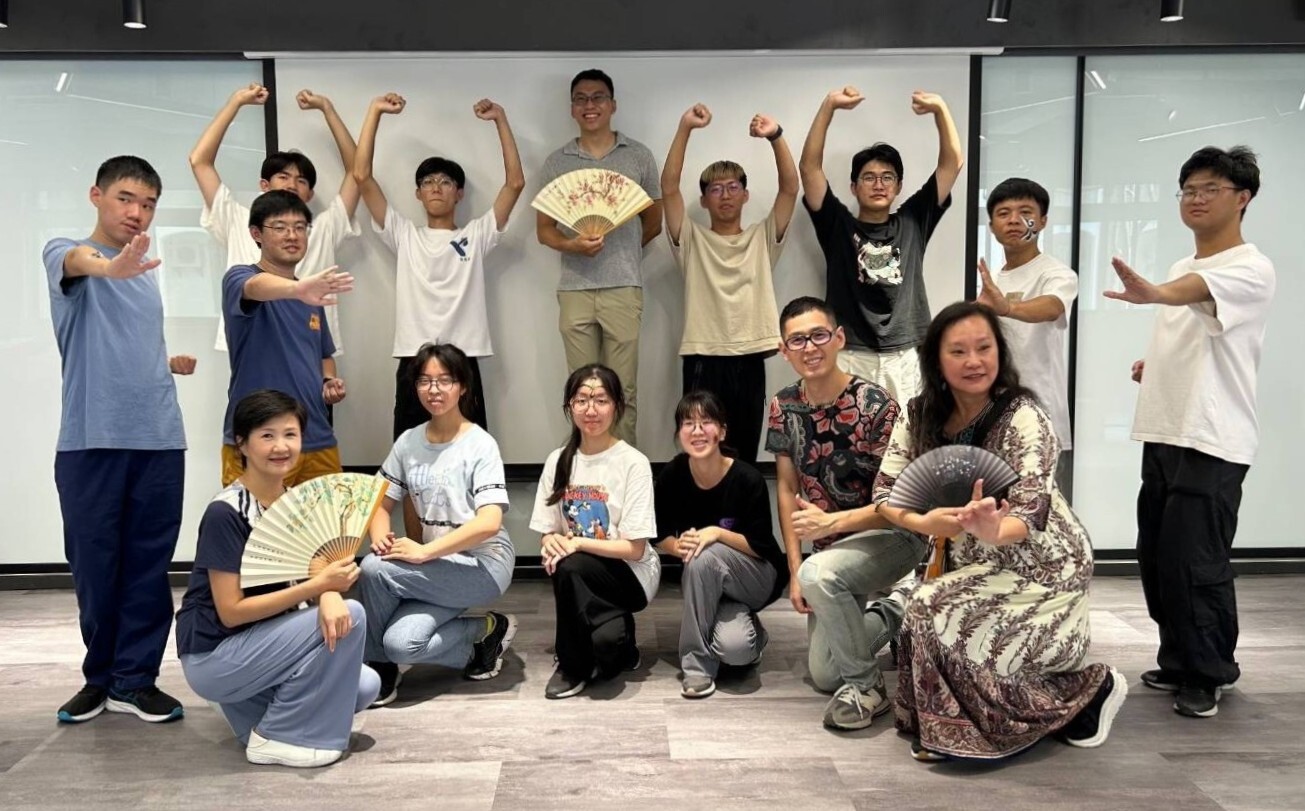
Titled “From the Heart, Nurturing the Heart Through Theater,” the course reflects NCKU’s innovative efforts in integrating humanities, arts, and social engagement—allowing humanistic values to take root and flourish in education, continuing to shine brightly.





